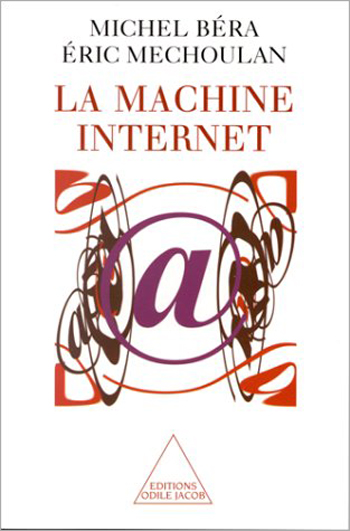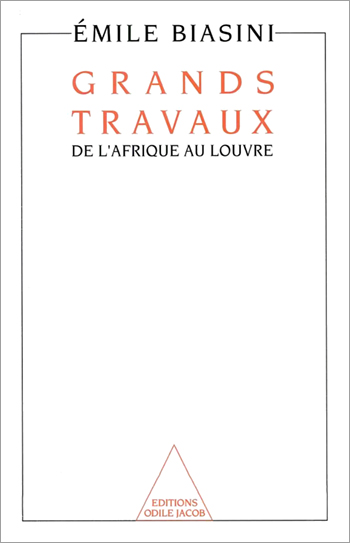Testimonials, News, Investigations All books
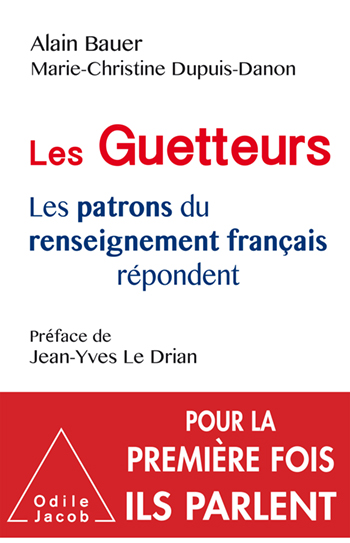
Alain Bauer, Marie-Christine Dupuis-Danon
The Bloodhounds: A Story of the French Intelligence Services in Their Own Words
Interviews with the great leaders in French Intelligence. These interviews break with a culture of secrecy; what the leaders say in no way glosses the difficulties, or the missteps, of the Services, or the manipulations that occur for reasons of high-level – or low-level – politics.
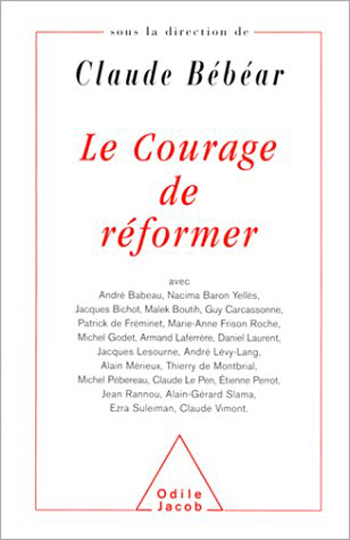
Claude Bébéar
The Courage to Reform
"We need to reconstruct political thought. Antiquated ways of seeing, archaic thought patterns, and bygone paradigms anaesthetise France and paralyse the nations ability to act. Political action must now provide a global reply to the question: What must be done? Courage depends above all on independent thought freed from all customs and conventional patterns, writes Claude Bébéar.
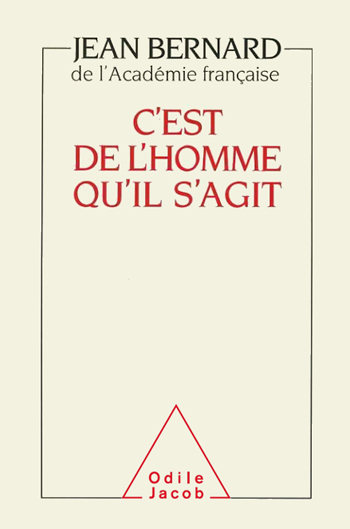
Jean Bernard
About a Man
A sixty year battle against childhood leukemia. Life, the career of a renowned haematologist who contributed to the renaissance of medical research in France and participated in one of the greatest scientific ventures of this century: the exploration of blood. With humour and wisdom J. Bernard gives the testimony of a great humanist of our time.
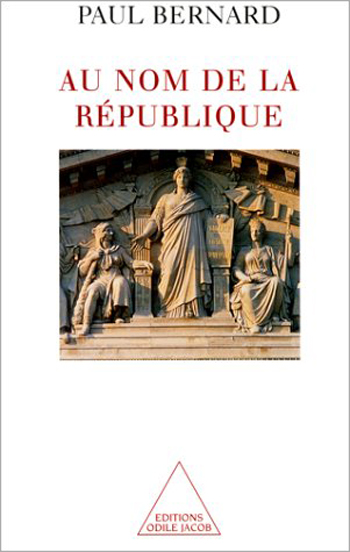
Paul Bernard
In the Name of the Republic
"Being a prefect is to do a job that comes with demands and responsibilities which are often not recognised. It is equally to accept a mission - that of representing the Republic. It is also adapting to the contradictions of the modern world." Paul Bernard Paul Bernard, a legal expert, has had a long prefectoral career which took him to various regions of France, including Aveyron, Sarthe and Corsica, before becoming the prefect of Rhône-Alpes and president of the Association du Corps Préfectoral et des Haut Fonctionnaires du Ministère de lIntérieur.
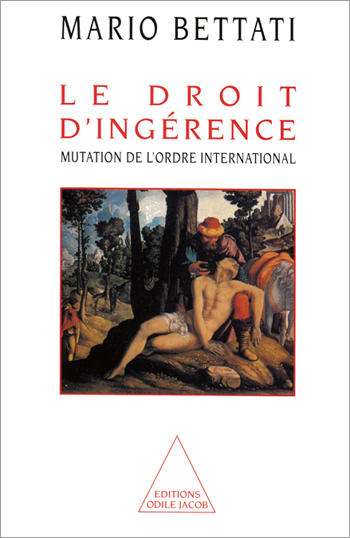
Mario Bettati
The Right of Interference Transformation of International Order
Inventor of the "right of interference", Mario Bettati, a professor of International Law, explains in this book the precise political circumstances and the legal context under which the right of humanitarian interference came about. This book is divided into four parts which follow both a chronological and a logical order. Beginning with interference as verbal denunciation, following with interference as medical assistance, he speaks of forced interference (Yugoslavia, Somalia and Rwanda) and finishes by dissuasive interference (courts for crimes against humanity and conflicts observatories). A thorough presentation of an important subject.
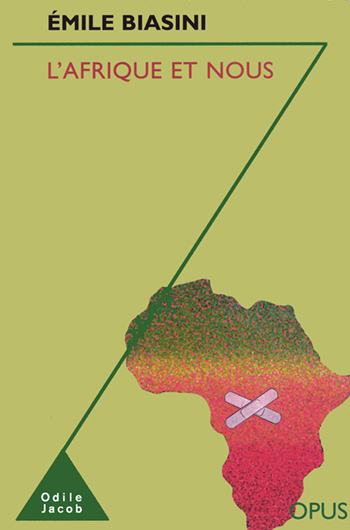
Émile Biasini
Africa and Us
Economist Charles Gide once described colonization as "a force of nature." Biasini believes that to imagine that our current phase of decolonization actually is an end to colonialism is just another manifestation of our society's megalomania. Africa today is going through a phase of change. It must stay faithful to its roots, digesting all the various cultures which have influenced it, while facing a new colonial menace. Its own elites, once fled abroad, have returned to Africa and are quickly becoming the colonists of their own countries. And such colonial ambitions, history teaches us, must inevitably lead to imperialism. Emile Biasini was a civil servant in colonial Africa. Under De Gaulle, he helped found the Ministry of Culture.

